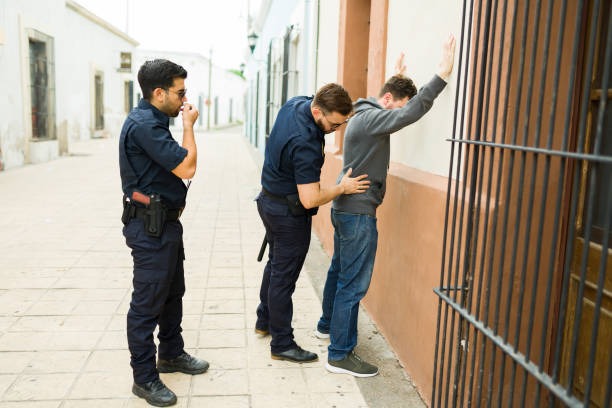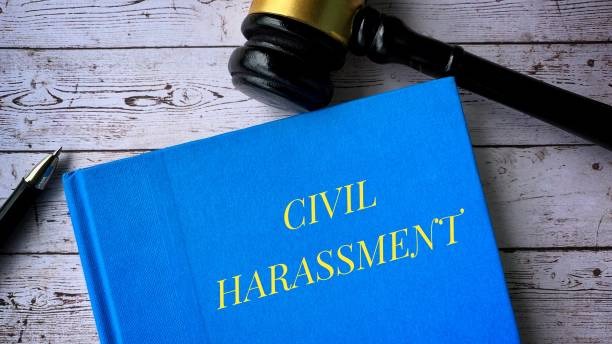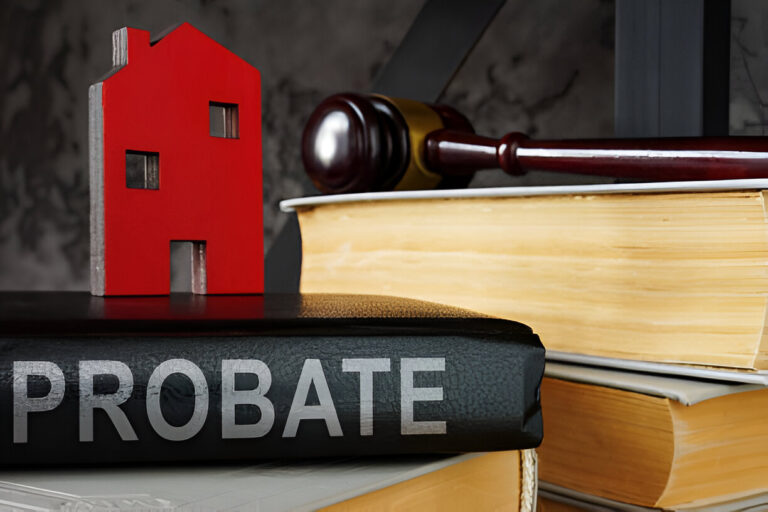Can You Refuse to Be Searched by Police in Cobb County?
Whether you’re a high school senior headed to college or a young adult commuting through Cobb County, encounters with law enforcement can be intimidating—especially when an officer asks to search your car, backpack, or even your pockets. It’s natural to feel uncertain about what to do at the moment. One of the most common and important questions we hear is: Can you refuse to be searched by police?
The answer is not only important—it can have lasting legal consequences. This blog breaks down your rights, how Georgia law applies to police searches, and what teens and young adults need to know if they find themselves in this situation.
Understanding Your Fourth Amendment Rights
First, let’s take it back to the Constitution.This means law enforcement typically needs a warrant or probable cause to search your property. However, there are exceptions—many of which come into play during street stops or traffic encounters.
So, can you refuse to be searched by police? In many cases, yes. But how and when you say “no” can affect how the situation unfolds.
When Can Police Search Without a Warrant in Cobb County?
There are specific situations where police may conduct a search without your permission or a warrant. These include:
1. Consent Searches
You’ve just given them legal permission. This is called a consent search. Always remember: you have the right to say no. If you’re wondering can you refuse to be searched by police when they ask politely—yes, you absolutely can.
Just be respectful and calm when refusing. A simple, “I don’t consent to any searches,” is a clear and lawful response.
2. Searches During Arrests
If you’re being placed under arrest, officers have the right to search you and the immediate area around you. This includes your bags or vehicle if it’s within your reach. In this case, refusal may not prevent the search, but it’s still important to verbally state that you do not consent—this may be helpful for your defense later.
3. Probable Cause
If police have a reasonable belief that a crime is being committed and there’s evidence in your vehicle or on your person, they may be allowed to search without consent. For example, if an officer smells marijuana during a traffic stop, they may argue they have probable cause to search the car.
Still, it’s important to understand that you can refuse to be searched by police unless you are under arrest or the officer has a legal reason to proceed.
What to Do During a Police Encounter in Cobb County
If you’re pulled over or stopped on the street, your conduct and responses matter. Here’s how to handle a situation where police ask to search you or your belongings:
Stay Calm and Polite
Avoid escalating the situation.
Clearly State Your Refusal
If an officer asks for permission to search your bag or car, say:
“I do not consent to any searches.”
This statement protects your rights, even if they continue the search unlawfully.
Don’t Physically Resist
Never try to stop a search with physical resistance, even if you believe it’s illegal. Let your defense lawyer challenge any unlawful search later in court.
Special Considerations for Teens and Young Adults
Ghanouni Teen & Young Adult Defense Firm know that younger individuals are often unsure of their rights—or they feel pressured into saying “yes” to avoid conflict.
If you’re a student or young adult in Cobb County, here’s what you should keep in mind:
- Age doesn’t take away your rights. Whether you’re 16 or 26, you can still assert your Fourth Amendment protections.
- Schools may have different standards. In public schools, administrators may search your locker or belongings under a “reasonable suspicion” standard instead of “probable cause.” But police still need proper authority or your permission.
- Don’t assume cooperating means giving up your rights. You can be polite and cooperative while still saying “no” to a search.
What Happens If You Refuse a Search?
Refusing a search does not give the police the right to arrest or detain you—unless they have another legal reason. Many people worry that refusing will make them “look guilty.” But remember: refusing to consent is your legal right and cannot be used as evidence of guilt in court.
If police conduct a search anyway and find something illegal, your defense attorney can argue that the search violated your rights—and any evidence found may be excluded from your case.
Protecting Your Rights After a Search
Ghanouni Teen & Young Adult Defense Firm work with teens, college students, and young adults across Cobb County who may be facing criminal charges resulting from traffic stops, school searches, or police encounters.
Here’s how their team help:
- Reviewing whether your rights were violated
- Challenging evidence obtained through unlawful searches
- Working to get charges reduced or dismissed
- Supporting young clients and their families every step of the way
Final Thoughts: You Have the Right to Say No
So, can you refuse to be searched by police in Cobb County? Yes, in most cases, you can—and you should if you’re uncomfortable or unsure about the situation.
Refusing a search is not confrontational. It’s a smart, lawful way to protect yourself from unfair or unnecessary legal trouble. And if the police move forward with a search despite your refusal, that’s something your defense attorney can challenge in court.
Need Legal Support in Cobb County?
If you or your child were searched or charged after a police stop, you don’t have to face the system alone. The team focuses exclusively on the needs of teens and young adults navigating the justice system and will work to protect your rights, your future, and your peace of mind.







